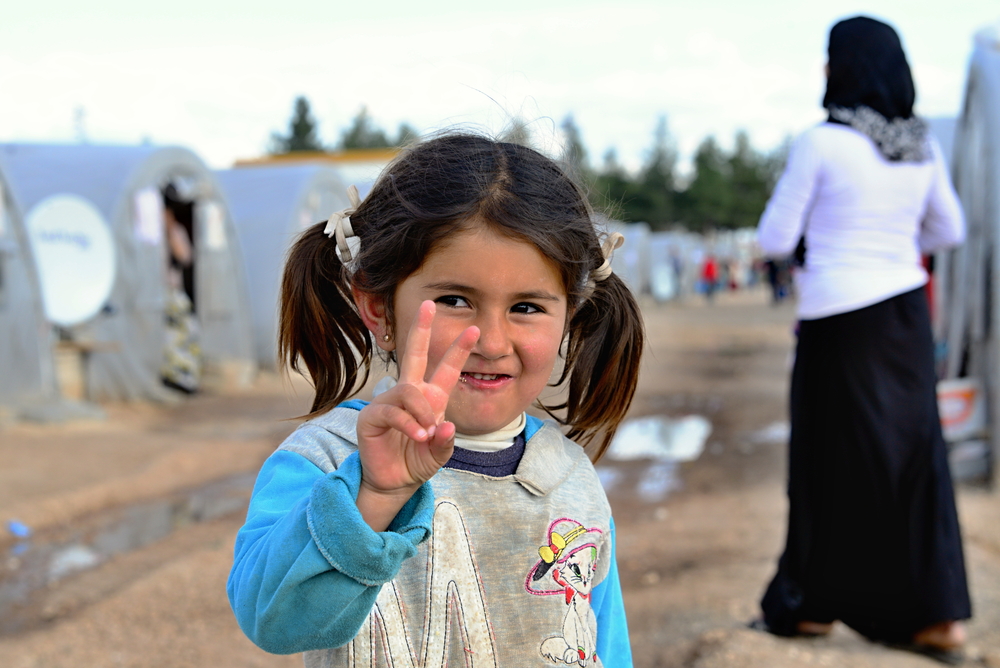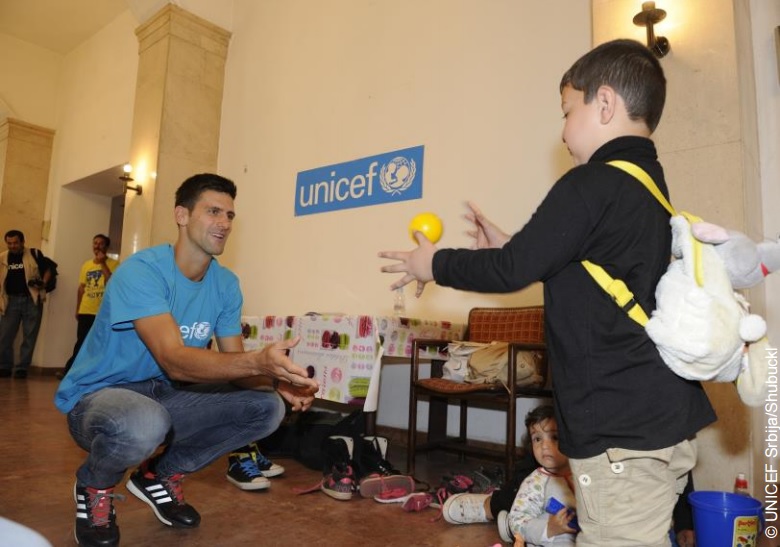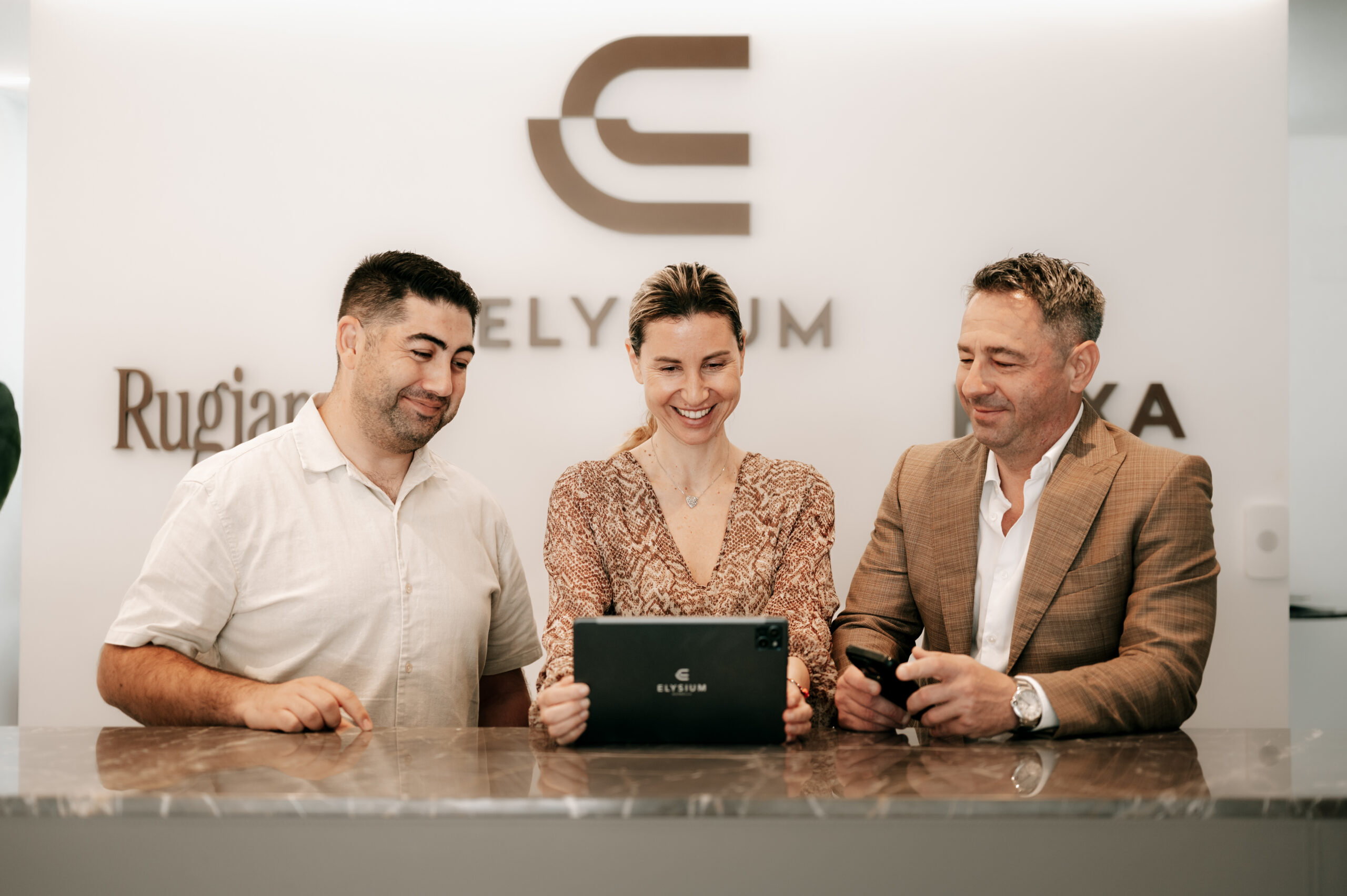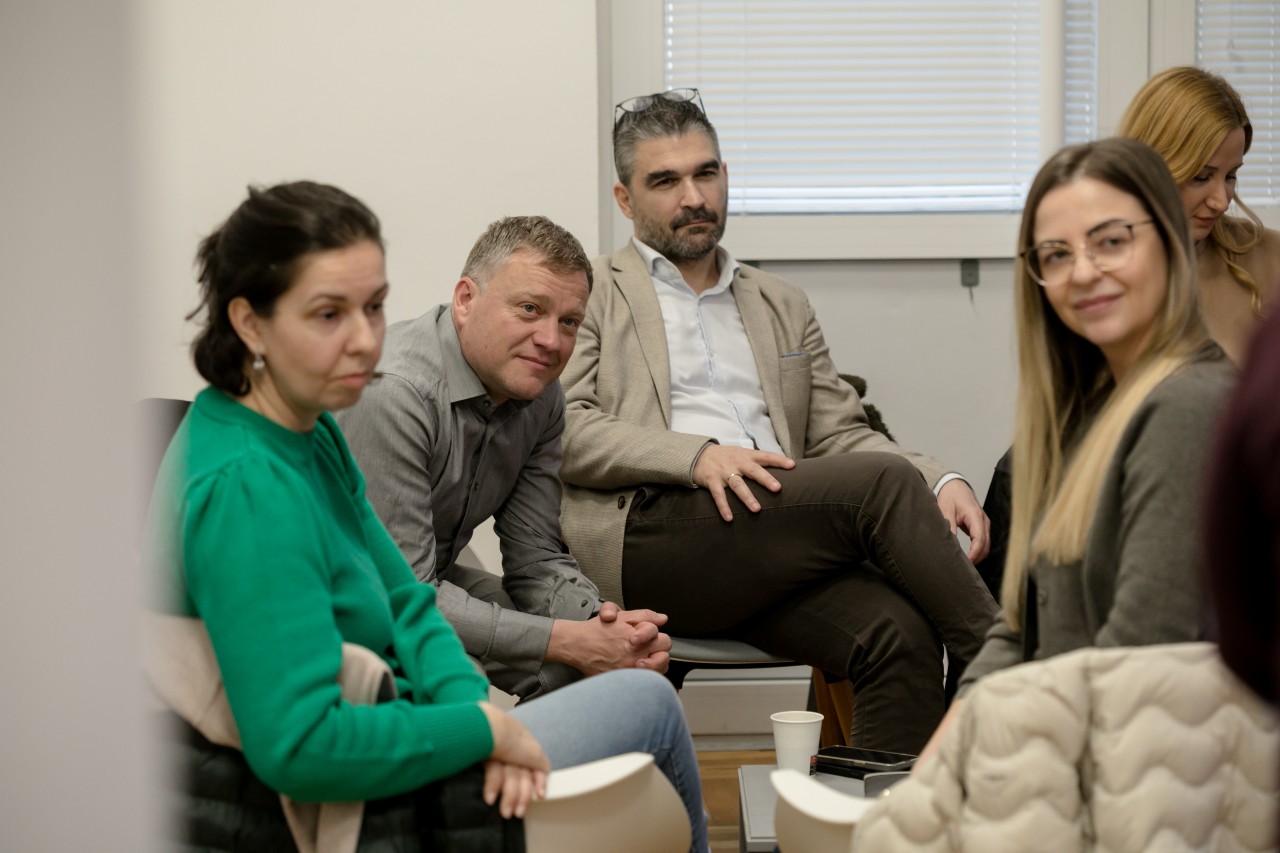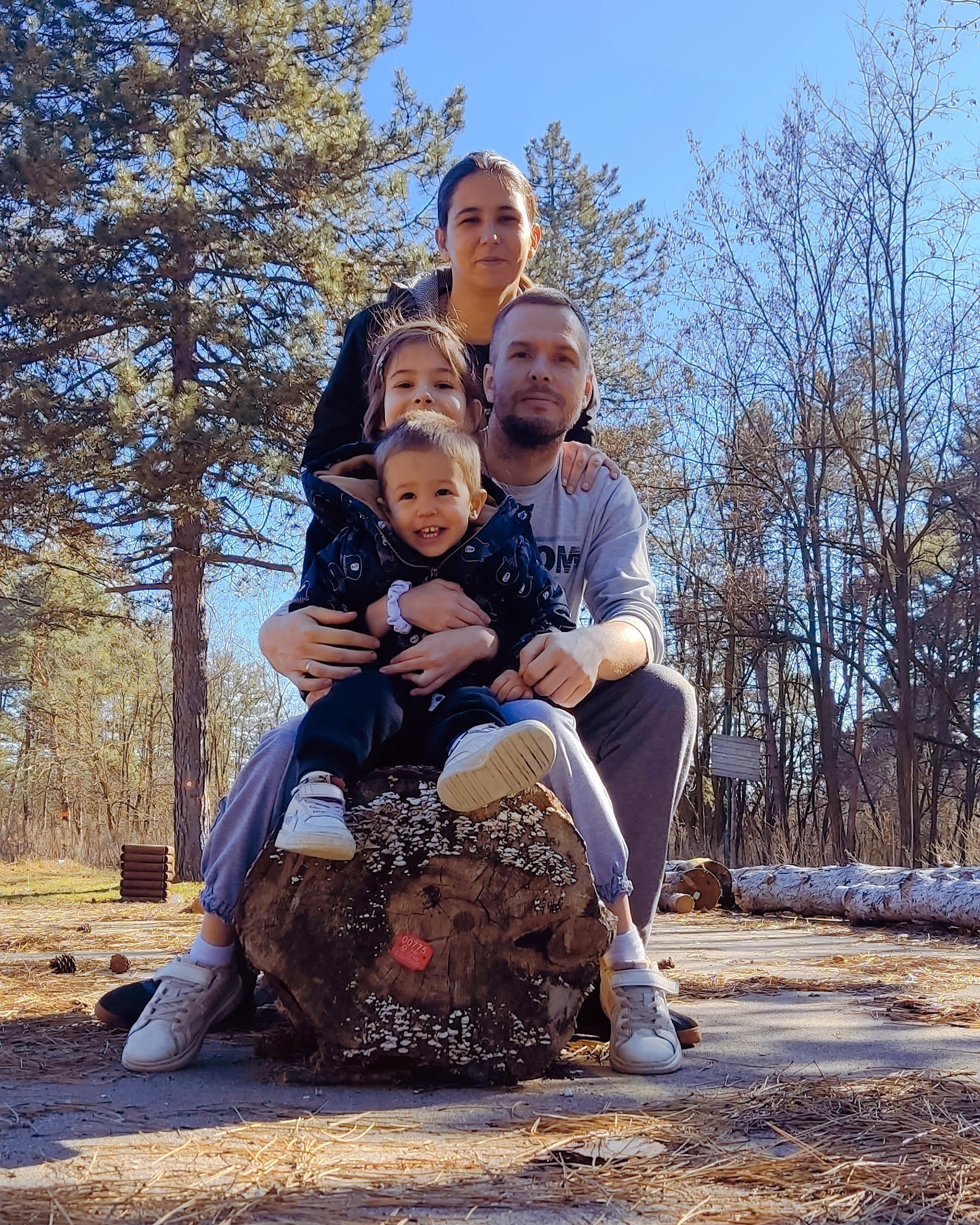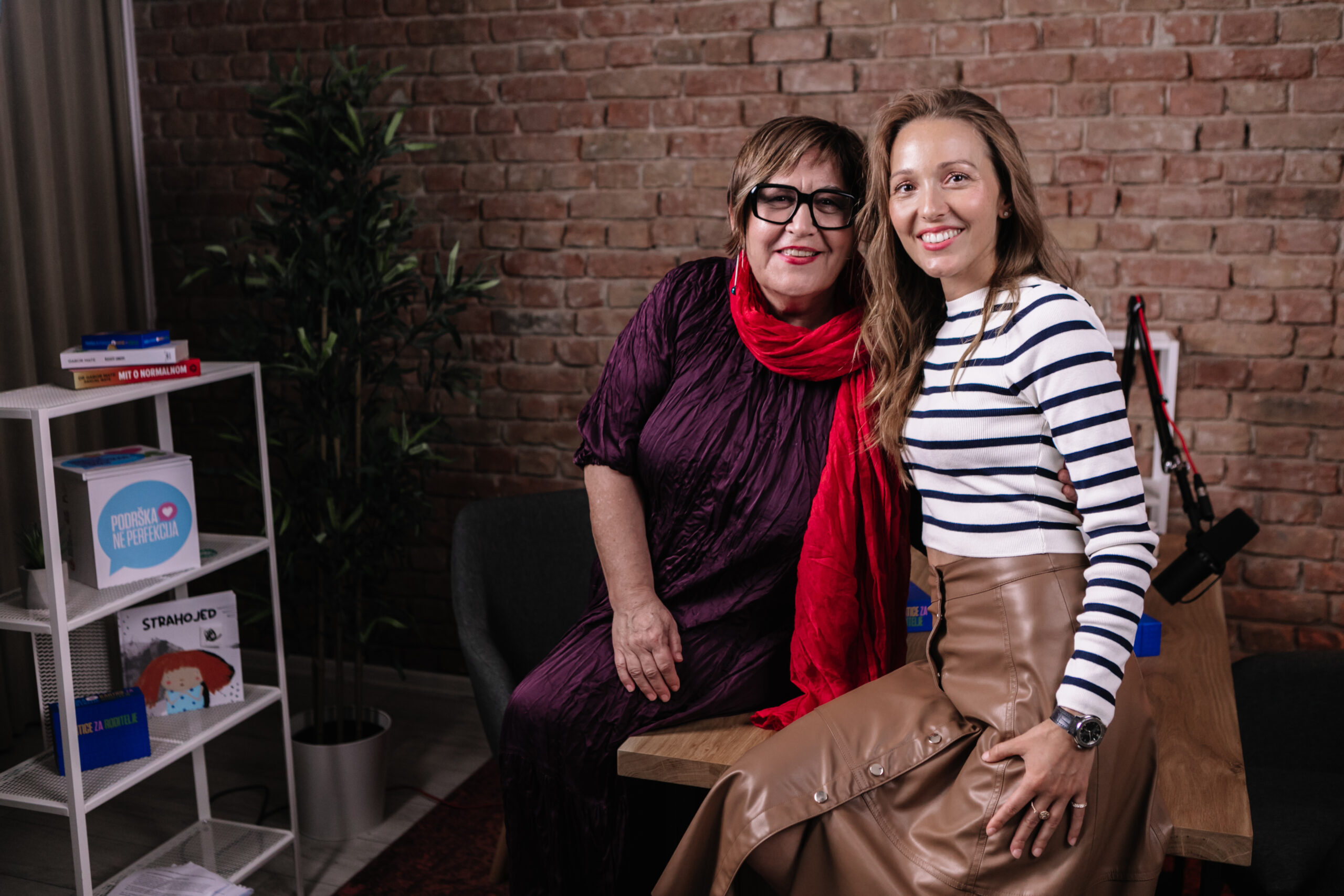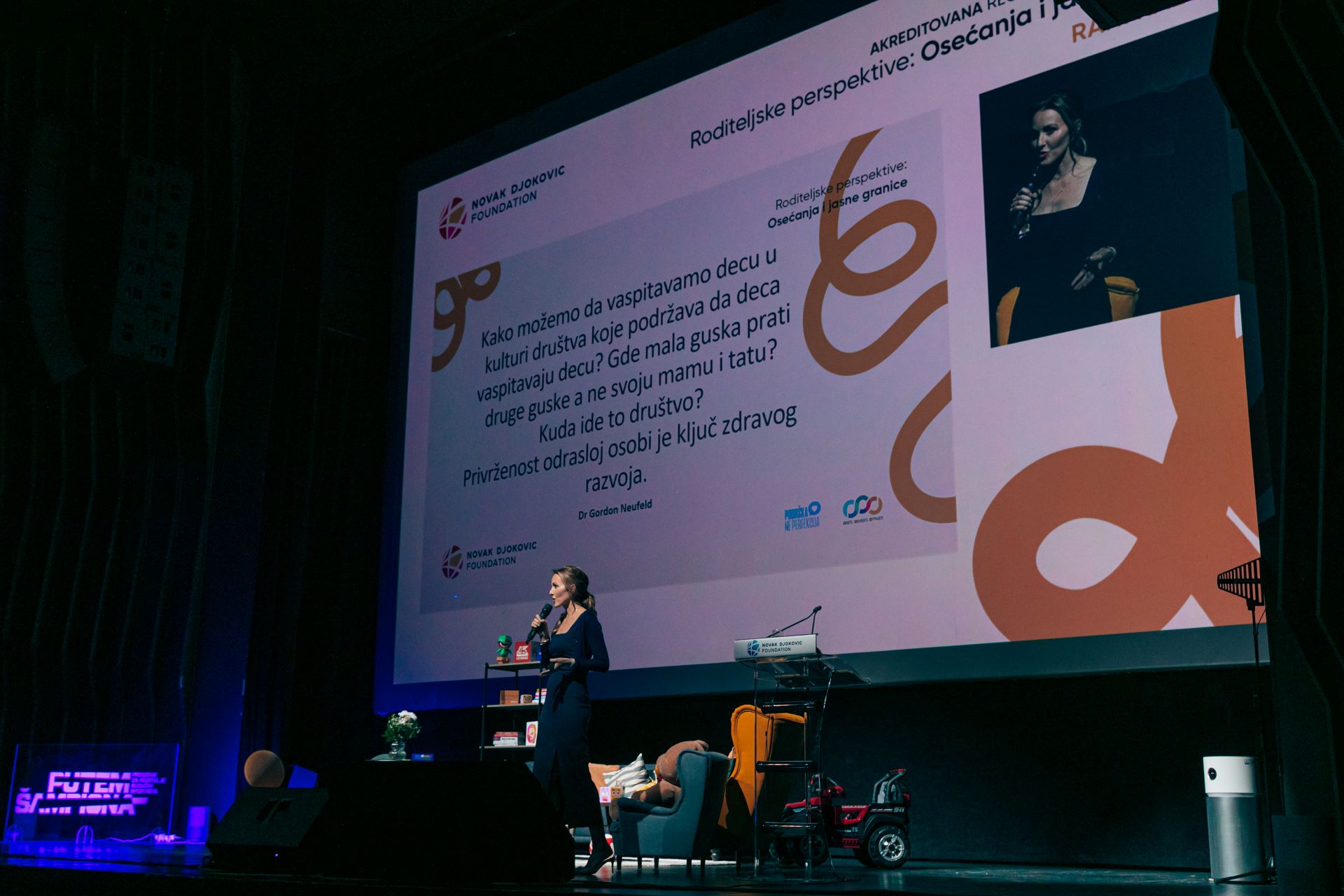Belgrade, Serbia, September 2015.
When he woke up that morning, six-year old Boset did what he had been doing for the previous few weeks. He came out of the tent, stretched and sought a place where he could be alone with his thoughts.
It was at that moment that I met him. He was sitting on a damp bench looking at his hands, playing without toys. It was cold and, because of the proximity of the river and rain from the previous night, it was impossible to keep his clothes dry. Boset’s red jacket was streaked with damp from sleeping on the ground.
He imagined that his fingers were different shapes that seemed to be playing, chasing each other in an attempt to get warm. For a moment his hands were two dinosaurs fighting, then cars overtaking each other… Adults, in the process of growing up, lose their imaginations, and, looking at him, I was unable to recognise ‘what’ Boset was playing with, but I could see that he was far from the place where he actually was – a cold park near the Belgrade train and bus stations where hundreds of refugee and migrant children, with their parents, take a break from their perilous journeys – fleeing conflict in their countries of origin, and on their way to a safer and better future.
Our conversation was interrupted by UNICEF-supported social workers who were informing the refugee and migrant families with children about the child-friendly space, established by the Government of Serbia, the City of Belgrade and UNICEF, less than a hundred meters away from their makeshift camp. They told Boset’s brother that the space offered a warm and safe place with toys where Boset could rest and play and be able to feel like a child again.
It was there that I met them a little later that day. Boset was playing with a ball, slightly bigger than a tennis ball. He bounced it off the floor, off the wall. He tried, like previously in the park, to imagine that he was playing with someone. It did not work, though. He needed a real playmate. He turned around, walked by a young man and threw him the ball. The young man caught it and returned it to him. Boset threw it again. The young man threw it back again, just a little faster. Boset caught it and laughed, possibly for the first time that morning, and threw the ball back to the young man faster than the previous time. Boset’s curve ball went a little to the side and the young man, although big and athletically built, was unable to catch it. The young man laughed, as if he had also, for a moment, forgotten where he was and what he was doing.
Novak Djokovic, UNICEF’s Goodwill Ambassador, came that morning to visit the child-friendly space. Boset did not know who he was. Maybe that is why he beat him at their pretend tennis game. If he had known, he may have been intimidated.
I looked at Boset’s brother who was sitting a little apart from them; he also seemed to have forgotten where he was and what still lay ahead for his family. Mesmerised, he watched his younger brother play with the world tennis champion, smiling.
The image of the boy stayed in my mind. I thought I would never hear of and from him again. But a few days later, an unexpected text message arrived on my phone to say that Boset and his family arrived safely in Austria, one stop away from their final destination – Germany.
Boset will hopefully start going to school soon. And there, he will be able to tell his new friends the story of how he got warm in a cosy child-friendly space in Belgrade and how he beat the World No. 1 tennis player, Novak Djokovic.
For UNICEF: Vladimir Banic

